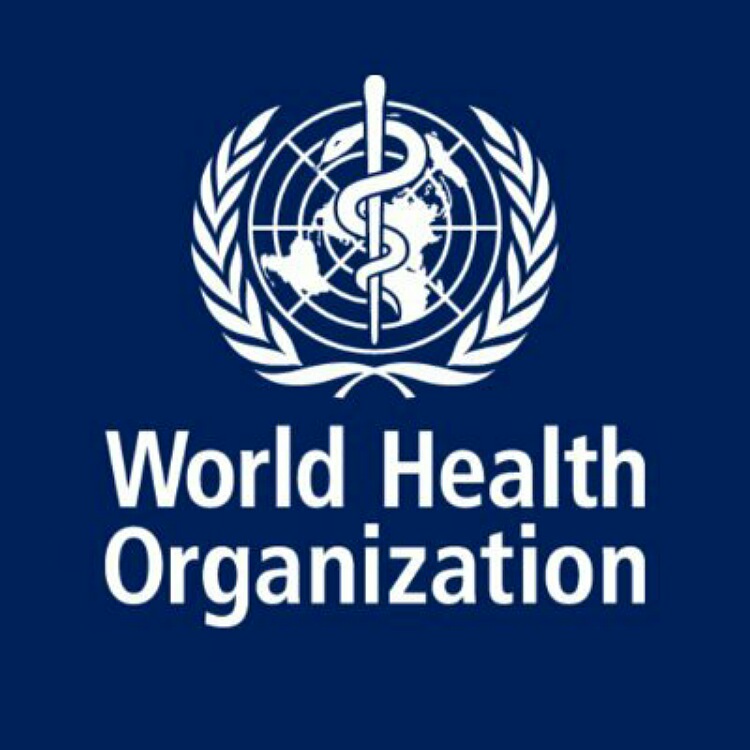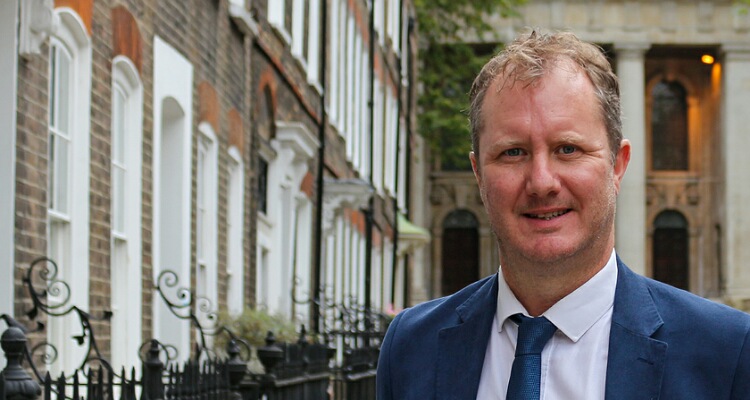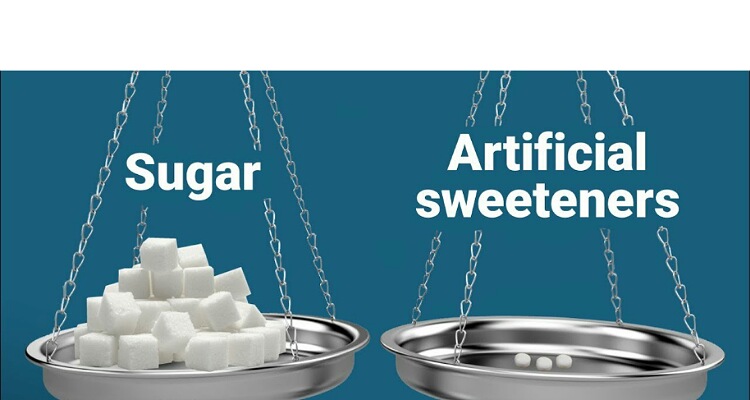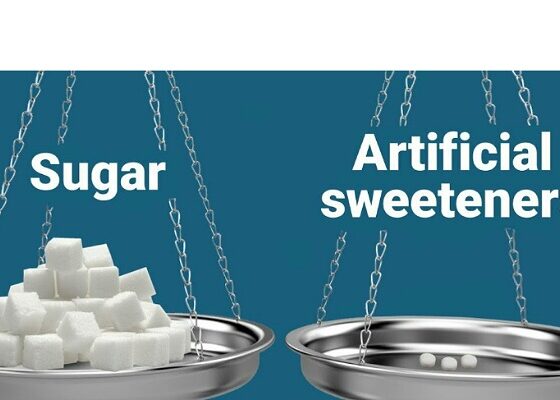Recently, WHO released its new guidelines against use of artificial sweeteners for weight loss. But less than a year back, it urged the food and beverage industry to replace sugar with artificial sweeteners in its food products to control obesity. British author, Christopher Snowdon feels that this U-turn makes people doubtful about WHO. He feels that it is not about stopping junk food, but about stopping junk science.
WHO and its changing guidelines
The World Health Organization releases guidelines intermittently on public health. But often, one observes that these guidelines are contradictory to each other. At one point, they support some thing and at the other point, they oppose it. It only adds to confusion in the minds of people. What exactly does WHO want people to do is not clear.
The same happened during the covid-19 pandemic. First, WHO said that covid is not airborne. But later, it said that it is transmitted by air.

Further, it said that face masks are of no use in control of the disease. But later, it said that they are essential and made them mandatory in public places. But role of these face masks in control of the disease remains doubtful to date.
Then, WHO added that vaccination’s role in development of immunity in a person is not 100%. It went on to add that antibodies testing cannot determine immune status of an individual.
Then it did not mention the ‘infected recovered people’ in the exemption list for travel. But this was despite the fact that infection and recovery from viruses confers lifelong immunity.
Now, it did a U-turn on nutrition. British freelance journalist, Christopher Snowdon is not impressed with their current guidelines.
Christopher Snowdon labels science as junk
Recently, WHO said:
“The use of artificial sweeteners does not confer any long-term benefit in reducing body fat in adults or children. They might lead to potential undesirable effects from long-term use.”
It urged people to reduce the sweetness of foods altogether. It added that for those with a sweet tooth, fruits would be the best option.
But less than a year back, WHO had asked food and beverage industry to reduce sugar in foods and drinks and replace them with artificial sweeteners. And now, it has done a U-turn on it. But people would feel that WHO does not know what it is saying and doing.

Going by WHO guidelines, governments had started pushing food and beverage companies to replace sugar with artificial sweeteners. But it seems that all WHO guidelines rest on facts of low certainty. But it might not be the fault of WHO per se. Because science these days has become junk science. Nutritional epidemiology is also junk science now.
Nutritional epidemiology
Nutritional epidemiology presents contradictory statements that are open to different interpretations. Since artificial sweeteners have no calories in them, they should help weight gain theoretically. But in actual practice, they increase appetite and make a person eat more. This is harmful and can lead to obesity. Thus it defeats the aim of the sugar replacement in the first place.

Lot of research is ongoing in this field but nothing really conclusive came out if it. There are many hypothesis but none proven or disproven. But public policies are based on this unclear and contradictory research findings. The result is obvious. Confusion and ineffectiveness. Wrong policies could be dangerous in the long run.
Read here: PepsiCo has decreased sugar in its drinks by 57%
Science is changing like the weather. It is unpredictable. Banning foods based on this incomplete science could be harmful. Certainty is needed before any change. Christopher states that foods are not junk but science is junk. He might be right!
